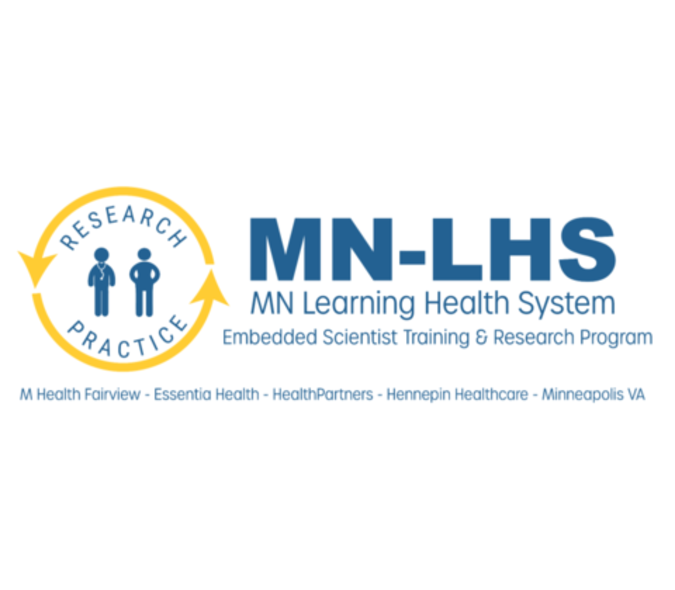
Gyorgy Simon Appointed P4AI Scientific Co-Director
Gyorgy Simon, PhD, was recently appointed Scientific co-Director of our Program for Clinical AI (P4AI) following a call for applications in fall 2022. Dr. Simon will co-lead with Chris Tignanelli, MD, MS.
Dr. Simon is a data computer scientist with years of experience researching machine learning and data mining in health care at the University of Minnesota and Mayo Clinic. He currently leads the Clinical Data Science program at the Institute for Health Informatics, a PhD continuation of the interdisciplinary Masters in Data Science program.
Prior to joining CLHSS, Dr. Simon collaborated with CLHSS Director Genevieve Melton-Meaux, MD, PhD, on various projects. Much of their research focused on clinical AI and its use in postoperative complications and sepsis. He has been a member of P4AI since its inception, leading the unit’s work on machine learning and structured healthcare data.
As co-Director, Dr. Simon will continue his previous work while also playing a larger role in the program’s general artificial intelligence (AI) model development. His goal is to make clinical AI models that are more safe, efficient, and effective.
“I hope I can contribute to making AI models more fruitful for patients, gain trust in our models, and keep patients safe,” said Dr. Simon.
Dr. Simon wants to focus on three main areas. First, his top priority is patient safety. He wants to develop risk management principles and practices for creating safer AI models, as well as tools for monitoring model safety.
Dr. Simon also wants to create innovative AI models that have better outcomes while using less resources. This involves continuing to support the research, development, and implementation of clinical AI, as well as evaluation of the best tools and practices for AI model development.
Finally, Dr. Simon aims to build trust in clinical AI models and determine the standards required for the public to trust them. While this involves safety, it also involves other aspects like accuracy, fairness, and explainability. A model should be able to explain why it made a certain prediction about a patient, and researchers should be able to understand how their model reaches decisions.
During his first year, Dr. Simon wants to focus on patient safety and operationalizing clinical AI models.
“I’m very excited to work on this. I’m looking forward to the opportunity to help people and keep them safe,” said Dr. Simon.
Dr. Simon is also working on a book titled “Artificial Intelligence and Machine Learning in Health Care and the Health Sciences: Pitfalls and Best Practices” alongside co-author Constantin Aliferis, MD, PhD, FACMI. In this work, Dr. Simon and Dr. Aliferis present a collection of best practice recommendations for building AI and machine learning models to be used in health care. They also build up necessary background on AI and machine learning to understand these recommendations, justify the recommendations, and describe what could go wrong if they are not followed.



